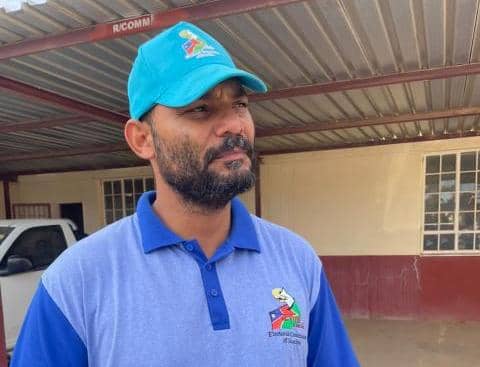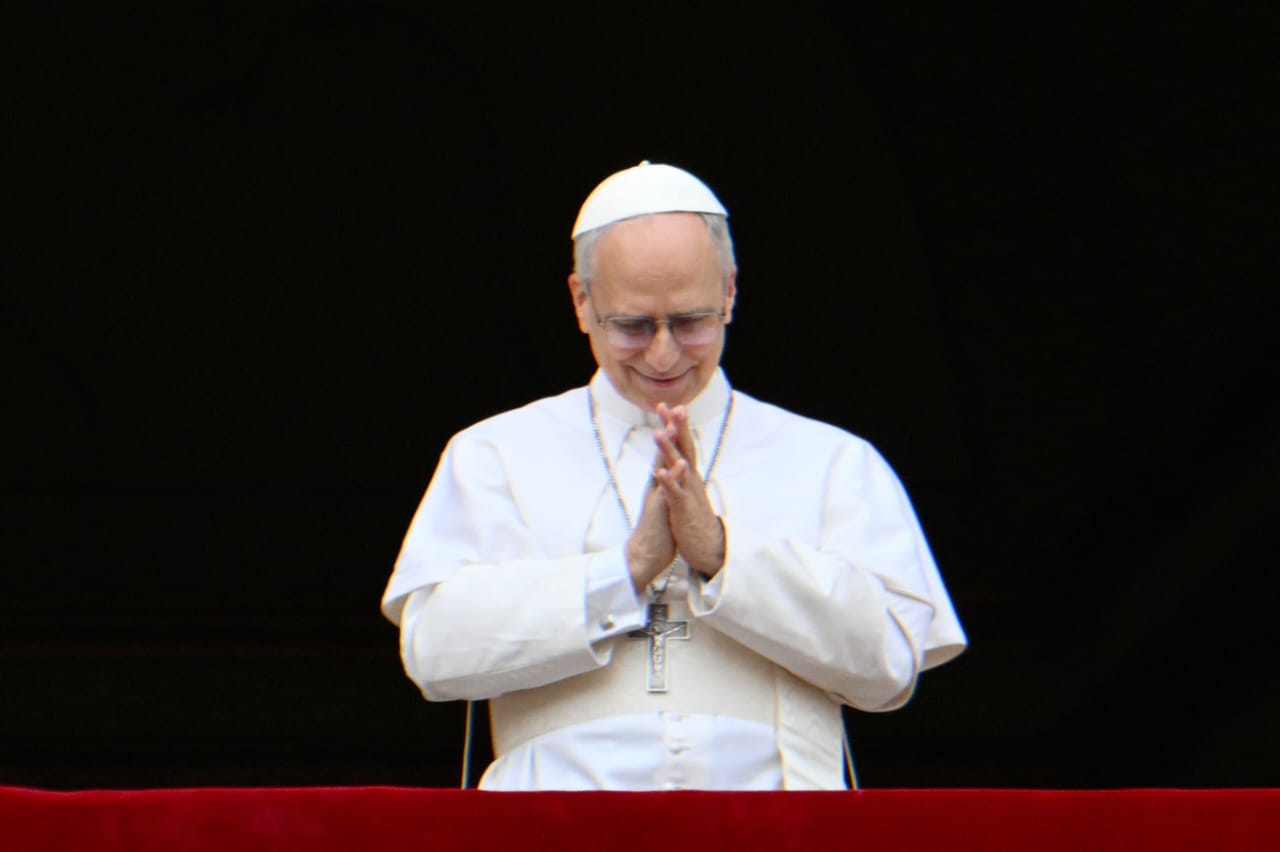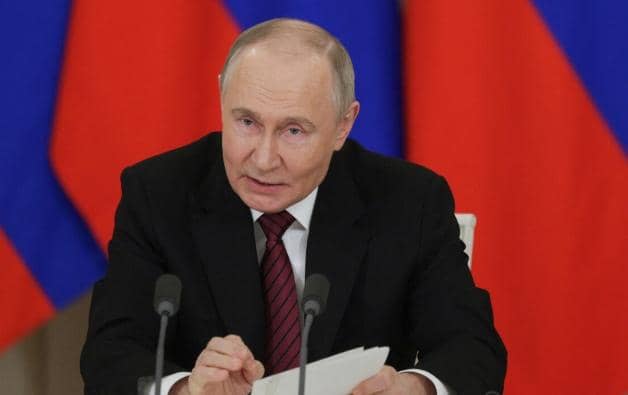US soldiers watched from a distance as Iraqi voters streamed to the polls last week to vote for a new parliament that Washington hopes will eventually give Iraq enough stability for American troops to start going home.
But soldiers in the US Army’s 101st Airborne Division don’t feel homeward bound after the White House and other political leaders trumpeted the success of the Dec. 15 elections as a watermark moment that could lead to a reduction in the number of troops.Overseeing the election was just another mission, and they expect more like it during their yearlong deployment scheduled to end next fall.”They could have an election for the pope of Iraq and it wouldn’t matter to me,” Sgt 1st Class Patrick Maurin (31) a platoon leader from Moscow, Idaho, muttered sarcastically.”It is not going to change the timeline.”Last week, the top US commander, Gen.George W Casey Jr, said he will recommend troop withdrawals from Iraq in the coming weeks.He stressed, though, that a successful election could prompt insurgents to escalate attacks across the country.There are about 153 000 US troops in Iraq now and Casey said he expected the force level will drop back to 138 000 by early February.That has been the usual number this year.He added that Iraqi police forces would not be able to take charge of internal security until late next year or early 2007.Soldiers in the Fort Campbell, Kentucky-based division, which is four months into a second yearlong deployment to Iraq, have read news articles on the Internet and heard the rumbles from family members.But their missions still take them into village streets where the threat of bombs persists – and thinking about going home now remains too dangerous a proposition.It has been a period of calm following an election US officials predicted would bring a spike in insurgent attacks in Iraq, where at least 2 155 US military members have died since March 2003, according to an Associated Press count.But violence in Iraq has risen and fallen since the invasion, and soldiers in the division’s 3rd Brigade, known as the “Rakkasans,” remain doubtful that the election’s success was any barometer for their homecoming.Some even say a protracted US presence in Iraq would be hard to curtail, especially as western business interests pump money into rebuilding Iraq.It’s a frustrating realization, said Sgt David Schwartz (33) of Palmer, Alaska.”We’re trying to pacify people who don’t want to be pacified.We’re trying to grab a culture kicking and screaming out of the sixth century.And there’s still too much financial interest in keeping us here,” Palmer said.The 101st Airborne Division has deployed three times since the September 11 2001 terrorist attacks against the United States, including a stint in southern Afghanistan, and soldiers say it’s hard to talk about going home when rumours circulate daily that they will leave again a year after returning home.- Nampa – AP15 elections as a watermark moment that could lead to a reduction in the number of troops.Overseeing the election was just another mission, and they expect more like it during their yearlong deployment scheduled to end next fall.”They could have an election for the pope of Iraq and it wouldn’t matter to me,” Sgt 1st Class Patrick Maurin (31) a platoon leader from Moscow, Idaho, muttered sarcastically.”It is not going to change the timeline.”Last week, the top US commander, Gen.George W Casey Jr, said he will recommend troop withdrawals from Iraq in the coming weeks.He stressed, though, that a successful election could prompt insurgents to escalate attacks across the country.There are about 153 000 US troops in Iraq now and Casey said he expected the force level will drop back to 138 000 by early February.That has been the usual number this year.He added that Iraqi police forces would not be able to take charge of internal security until late next year or early 2007.Soldiers in the Fort Campbell, Kentucky-based division, which is four months into a second yearlong deployment to Iraq, have read news articles on the Internet and heard the rumbles from family members.But their missions still take them into village streets where the threat of bombs persists – and thinking about going home now remains too dangerous a proposition.It has been a period of calm following an election US officials predicted would bring a spike in insurgent attacks in Iraq, where at least 2 155 US military members have died since March 2003, according to an Associated Press count.But violence in Iraq has risen and fallen since the invasion, and soldiers in the division’s 3rd Brigade, known as the “Rakkasans,” remain doubtful that the election’s success was any barometer for their homecoming.Some even say a protracted US presence in Iraq would be hard to curtail, especially as western business interests pump money into rebuilding Iraq.It’s a frustrating realization, said Sgt David Schwartz (33) of Palmer, Alaska.”We’re trying to pacify people who don’t want to be pacified.We’re trying to grab a culture kicking and screaming out of the sixth century.And there’s still too much financial interest in keeping us here,” Palmer said.The 101st Airborne Division has deployed three times since the September 11 2001 terrorist attacks against the United States, including a stint in southern Afghanistan, and soldiers say it’s hard to talk about going home when rumours circulate daily that they will leave again a year after returning home.- Nampa – AP
Stay informed with The Namibian – your source for credible journalism. Get in-depth reporting and opinions for
only N$85 a month. Invest in journalism, invest in democracy –
Subscribe Now!










